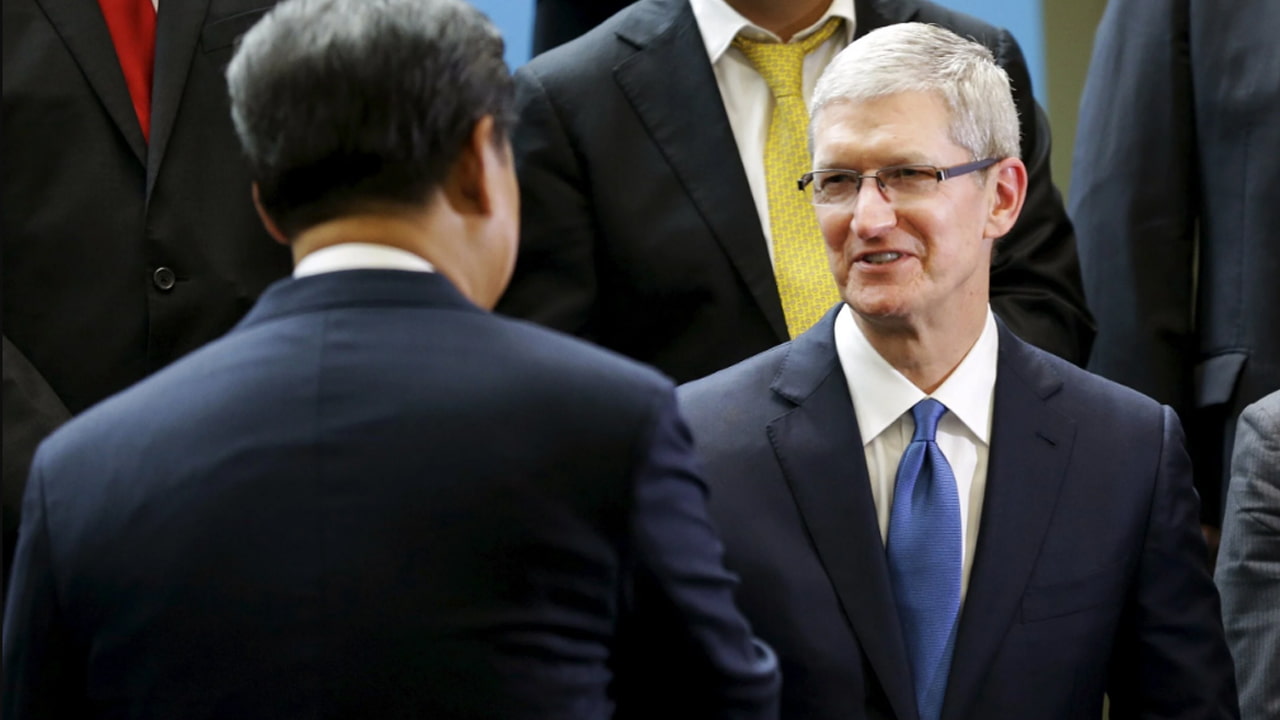Apple is the tech giant with a global presence. But in order to get the permission to have that presence, it needs to obey local regulations in countries it is conducting its business.
The company needs to oblige when asked, and do what it is told. As long as the laws are present, Apple should abide.
And this time, the company removed a popular Islamic app in China, with the demands of Chinese officials.
The app in question, is called the 'Quran Majeed.'
Available for free, the app is “recognized by 25 million Muslim users around the world,” according to the app’s developer Pakistan Data Management Services. With a high 4.9 rating on App Store from 150,000 reviewers, the app in question was also popular among iOS users in China, with users close to one million in the country.

It is reported that the app's removal had nothing to do with its religious content, “according to Apple, our app Quran Majeed has been removed from the China App store because it includes content that requires additional documentation from Chinese authorities,” explained the developer.
"We are trying to get in touch with the Cyberspace Administration of China and relevant Chinese authorities to get this issue resolved".
In China, the government takes down apps that discuss or include contents about the Tiananmen Square, the Chinese spiritual movement Falun Gong, the Dalai Lama, and independence for Tibet and Taiwan, among others.
But when considering Islam, the religion is protected in the People's Republic of China.
The Chinese Communist Party officially recognizes Islam as a religion in the country.
However, China has also been accused of human rights violations, and even genocide, against the mostly Muslim Uyghur ethnic group in Xinjiang.
Earlier this 2021, it was reported that Uyghur imams had been targeted in China's Xinjiang crackdown.
In other cases, Apple has removed a number of VPN apps that allowed Chinese users to avoid China's censorship.
"Currently Apple is being turned into the censorship bureau of Beijing," said Benjamin Ismail, the Project Director at Apple Censorship. "They need to do the right thing, and then face whatever the reaction is of the Chinese government."

Apple declined to comment about the removal of the app, but said that "we're required to comply with local laws, and at times there are complex issues about which we may disagree with governments."
"With dialogue, and a belief in the power of engagement, we try to find the solution that best serves our users—their privacy, their ability to express themselves, and their access to reliable information and helpful technology."
At this time, China is one of Apple's biggest markets, and that the company's supply chain is heavily reliant on manufacturers in China.
Apple's CEO Tim Cook has been accused of hypocrisy from politicians in the U.S. for speaking out about American politics, and had even criticized Donald Trump's ban of seven Muslim-majority countries in 2017.
But he rather stay quiet when speaking about China.
In other times, Cook had also been accused for complying with the Chinese government over censorship, and not publicly criticizing the Chinese government for its treatment of Muslim minorities.
As a company that conducts its business for profit, Apple is in a difficult position.
Apple relies heavily on its business relationships with companies in China. And it ever it become vocal about its stance against the Chinese government, the officials in the country could put its business into a jeopardy.